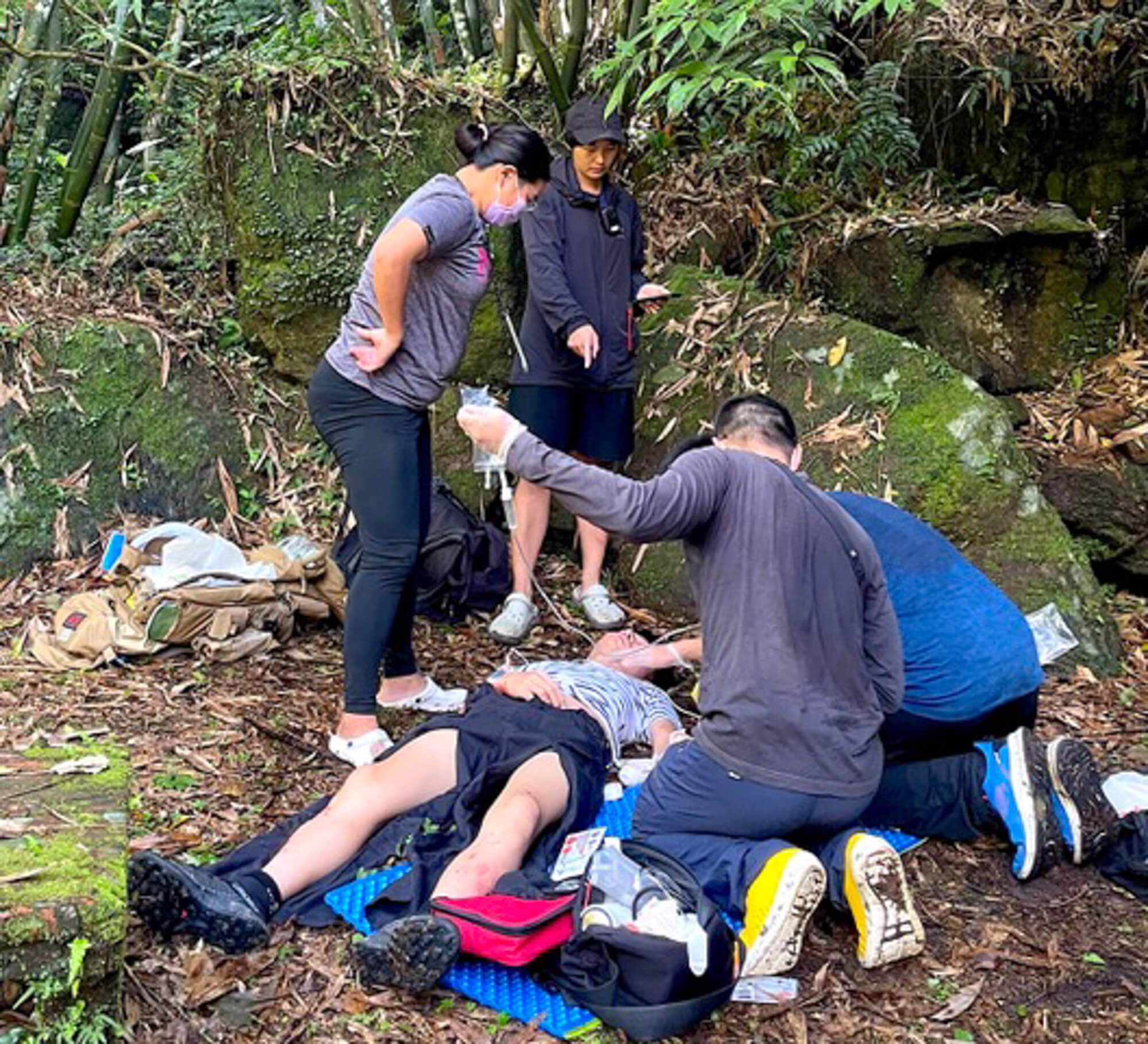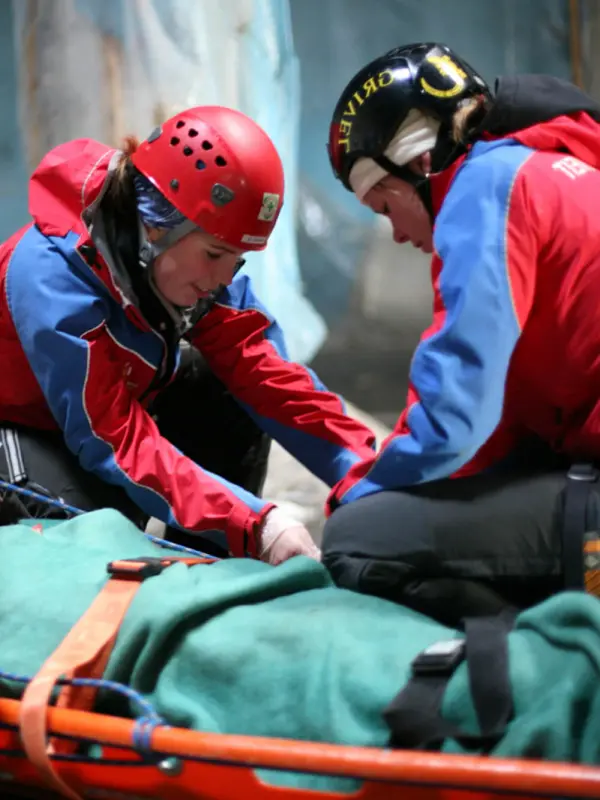Wilderness Advanced Life Support
- Minimum Duration
- 36 Hours
- Minimum Age
- 18
- Minimum Cost
- $795+ USD
- Skill Level
- ALS Trained

Description
The Wilderness Advanced Life Support is our most advanced course. WALS helps advanced care medical providers apply current medical knowledge and critical thinking for use in remote/resource challenged patient care settings.
Curriculum
Curriculum evolves based on new scientific data, discussions, and new medical technology. Class involves lecture, discussion, case study review, patient assessment drills, and ALS skills labs. All content is reviewed, validated, and in keeping with sound scientific principles.
Requirements
Participants must be ALS-trained with current certification, i.e.: Paramedic or ALS-trained field provider, Registered Nurse, Advanced Practice Provider (NP or PA), or Physician (MD or DO). Others are admitted on a case-by-case basis.
Prior to enrolling, please review our Functional Position Description. The criteria in this policy allow students to self-assess their ability to meet the demands of a WMA International course as well as the demands of a certified wilderness medical provider in the field.
Evaluation
This course is pass/fail. 100% attendance is mandatory. Evaluation is based on practical patient simulations, hands-on activities, and a written test. WMA International is committed to making reasonable accommodation for any student with special needs.
Course Objectives
- Understand the challenges and limitations of working in remote and low-resource patient care settings.
- Explain principles of preventive care for patients and team members when faced by environmental challenges.
- Perform an accurate patient assessment when access to advanced diagnostics are not available.
- Utilize useful medical and basic rescue equipment often available in remote and low-resource patient care settings.
- Through case studies and patient assessment drills, demonstrate decision making for treatments and evacuations in remote and low-resource patient care settings.
- Determine which medications and equipment might be useful and appropriate in remote and low-resource patient care settings.
Course Objectives
- Understand the challenges and limitations of working in remote and low-resource patient care settings.
- Explain principles of preventive care for patients and team members when faced by environmental challenges.
- Perform an accurate patient assessment when access to advanced diagnostics are not available.
- Utilize useful medical and basic rescue equipment often available in remote and low-resource patient care settings.
- Through case studies and patient assessment drills, demonstrate decision making for treatments and evacuations in remote and low-resource patient care settings.
- Determine which medications and equipment might be useful and appropriate in remote and low-resource patient care settings.

